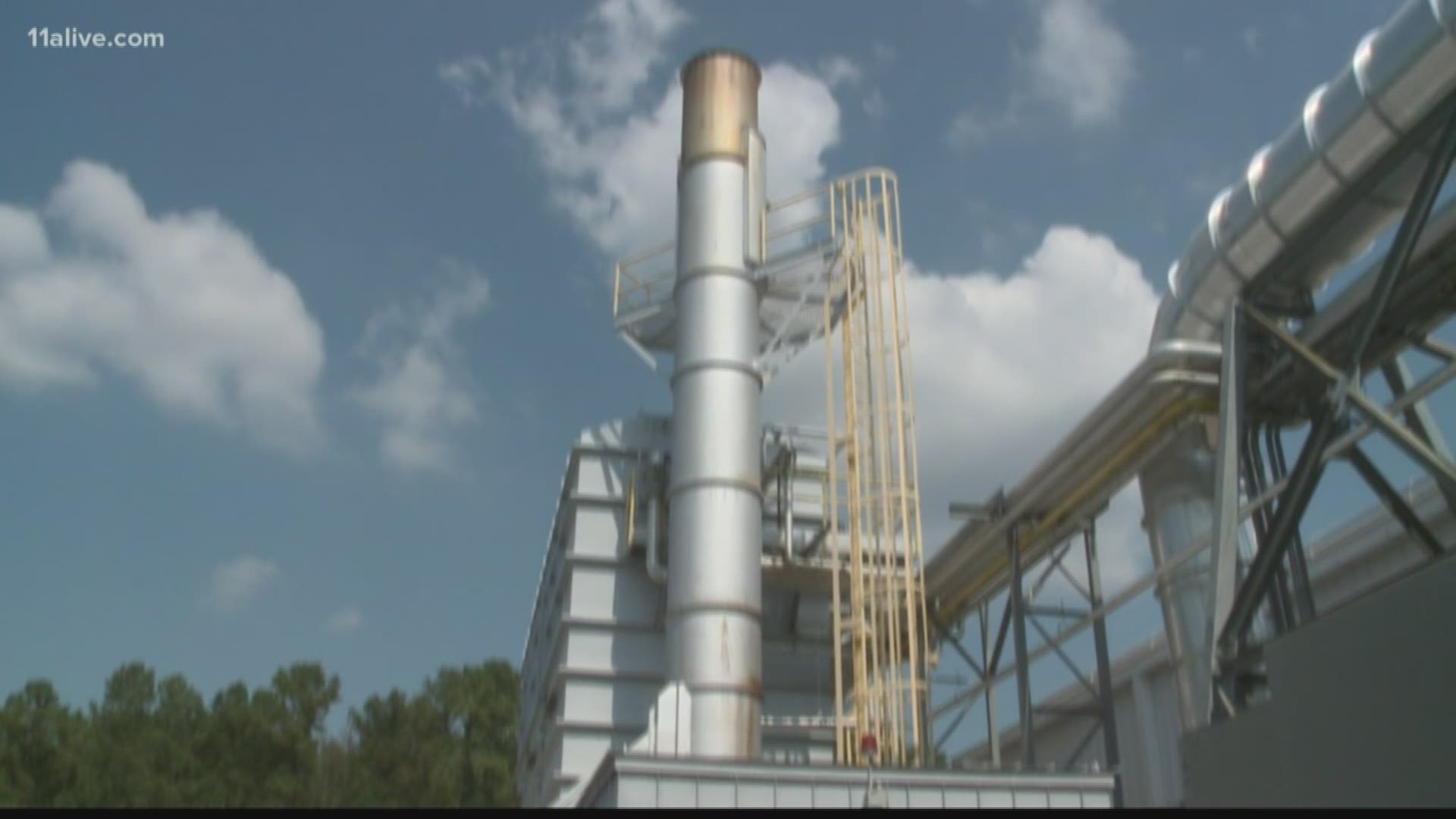COVINGTON, Ga. — The Becton, Dickinson (BD) medical sterilization facility in Covington has agreed to a temporary shutdown from October 30 to November 6.
This came in conjunction with a court hearing over the facility, which uses ethylene oxide, a gas that studies have linked to an increased cancer risk.
A judge in Newton County was expected to hear arguments Monday in the fight over BD's plant in Covington, an Atlanta suburb.
State officials have accused the company of releasing an excessive amount of ethylene oxide. The gas is used to sterilize medical equipment. The plant reported leaking 54 pounds of ethylene oxide in September. State officials said the plant failed to properly disclose the leak.
"We're not jumping up and down over this court order today," said Cindy Jordan, a Newton County resident. "Their emission numbers have decreased. But we need to make sure the only thing that's acceptable is zero ethylene oxide."
The National Institutes of Health says exposure to dangerous levels of the gas can cause cancer.
The company says it far surpasses requirements for limiting ethylene oxide emissions.
BD released a statement on Monday afternoon which detailed the terms of its agreement.
"...the Covington facility will voluntarily suspend sterilization operations for a weeklong period from Oct. 30 to Nov. 6 to allow Georgia Environmental Protection Division (EPD) to take ambient air monitoring samples in the area when the company’s sterilization systems are not in operation," the statement said, in part. "BD will resume sterilization operations at the site on Nov. 7 and has agreed with the State to: 1) operate at a reduced capacity at Covington, 2) not expand production at Madison, and 3) implement certain operational modifications to further reduce emissions and protect product availability for patients."
City officials outlined some of the major takeaways from the consent order, which they said includes BD giving the EPD an explanation on how they calculate fugitive emission levels and provide certification of the formula by a third-party engineering firm.
They must also file an application for a new emissions permit including modifications that will capture 99 percent of all fugitive emissions. This must be done by October 31. There are also measures listed in the consent order.
The U.S. Food and Drug Administration recently told hospitals they could face shortages of surgical tools because several other plants that uses ethylene oxide have shut down.
RELATED HEADLINES |

